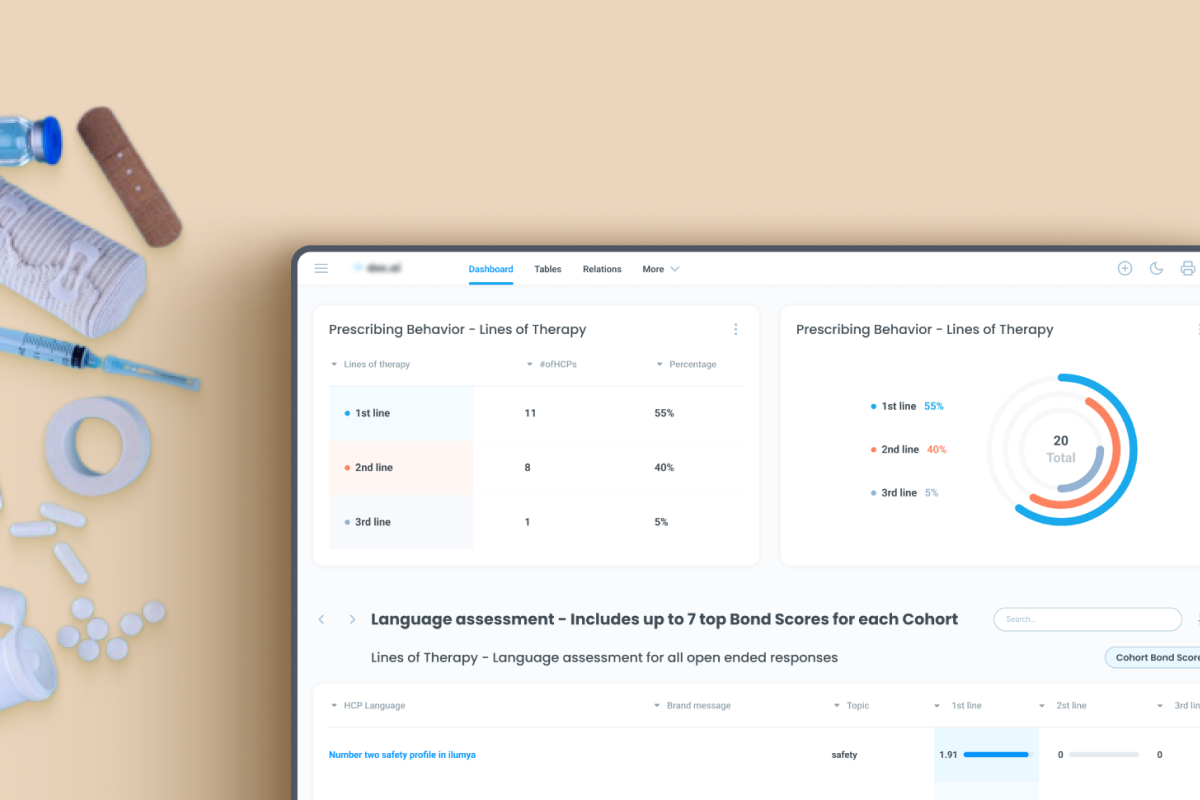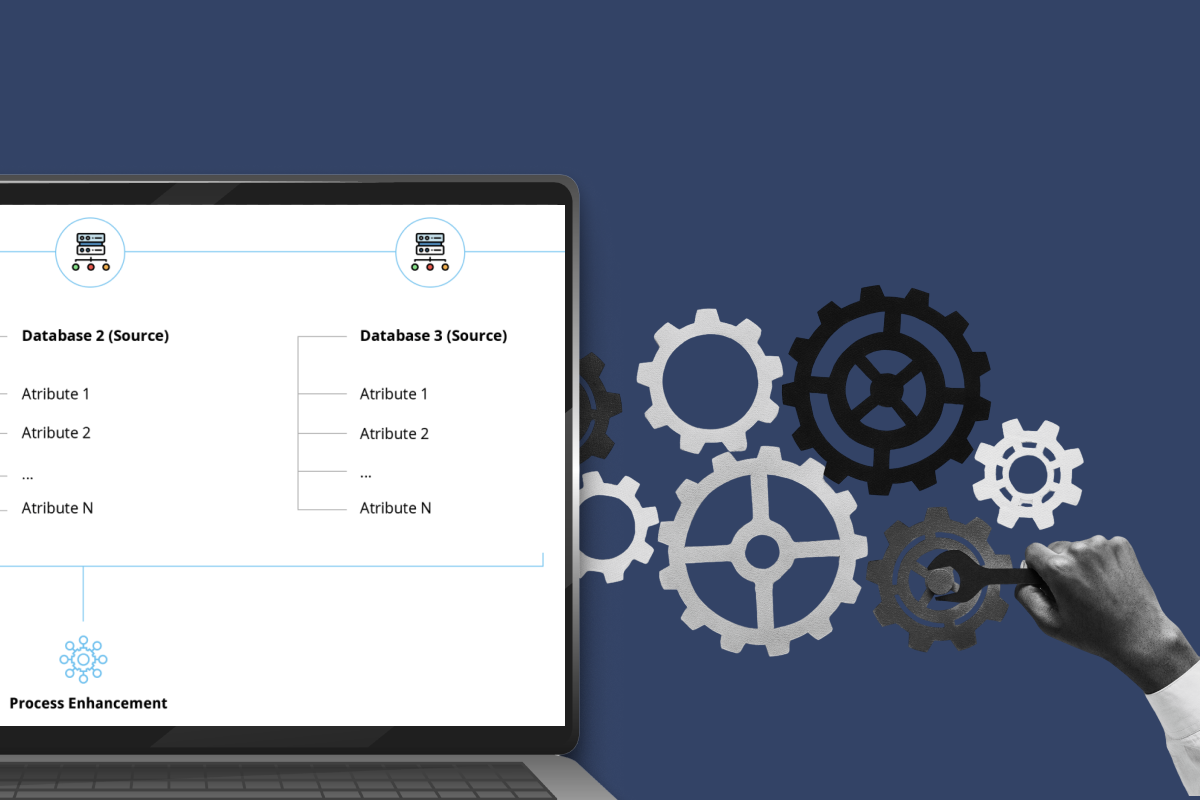All Technologies Used
Motivation
The client needed a dramatic acceleration of their DNA sequencing pipeline, which processed vast amounts of biological data. Manual research workflows were slowed by a software bottleneck, delaying experiments and reducing lab productivity. The goal was to shorten processing time while maintaining result accuracy, enabling faster research cycles and timely delivery of insights.
Main Challenges
The client’s DNA sequencing software took approximately 48 hours to process a dataset because the FASTAptamer toolkit had a major performance bottleneck. This delay disrupted research timelines and impacted productivity. Azati analyzed the pipeline, pinpointed the slowest steps, and proposed performance engineering solutions to optimize them using low-level programming techniques.
The clusterization step relied on the Levenshtein algorithm implemented in Perl, which was inefficient for high-throughput data. Azati proposed rewriting this logic in C++ to exploit faster execution, better memory handling, and native compilation advantages, drastically reducing processing time while maintaining accuracy.
Our Approach
Want a similar solution?
Just tell us about your project and we'll get back to you with a free consultation.
Schedule a callSolution
Optimized Clusterization Logic
- High-speed Levenshtein calculation
- Efficient memory management
- Support for high-throughput sequence processing
- Seamless integration with existing pipeline
Pipeline Acceleration
- 80x overall pipeline speedup
- 1,000x algorithm execution improvement
- Maintains result accuracy
- Significant reduction in research wait times
Open Source Integration
- Contribution to official toolkit
- Ensures reproducibility for all users
- Supports collaborative development
- Widespread adoption of performance improvements
Business Value
Faster Data Processing: Reduced total runtime from 48 hours to 30.5 minutes, drastically improving research productivity.
Validated Accuracy: Output results remained consistent, ensuring scientific integrity and reproducibility.
Community Benefit: Optimization accepted into the mainstream toolset, benefiting all FASTAptamer users worldwide.







